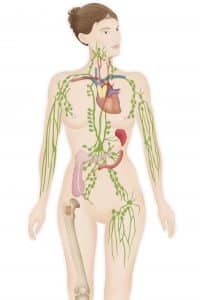Regular Exercise is Associated with a Reduced Risk of Developing Certain Types of Cancer

Regular exercise is associated with a reduced risk of developing certain types of cancer through various biological and physiological mechanisms. While the exact mechanisms may not be fully understood, research has identified several ways in which exercise can contribute to cancer risk reduction:

Hormone regulation: Physical activity can affect hormone levels in the body. Some cancers, such as breast and prostate cancer, are influenced by hormones like estrogen and testosterone. Regular exercise can help regulate hormone levels, potentially reducing the risk of hormone-related cancers.

Immune system enhancement: Regular exercise has been shown to boost the immune system, enhancing the body’s ability to detect and destroy cancerous cells. A stronger immune system can be more effective in preventing the development and progression of cancer.

Improved bowel motility: Physical activity may help with maintaining healthy bowel movements, which can reduce the risk of colorectal cancer.
DNA repair and telomere length: Exercise has been found to enhance the body’s ability to repair damaged DNA and maintain telomere length. Telomeres are protective caps on the ends of chromosomes, and longer telomeres are associated with decreased cancer risk.
Enhanced antioxidant defenses: Exercise can increase the body’s production of antioxidants, which help neutralize harmful free radicals that can damage cells and increase cancer risk.

